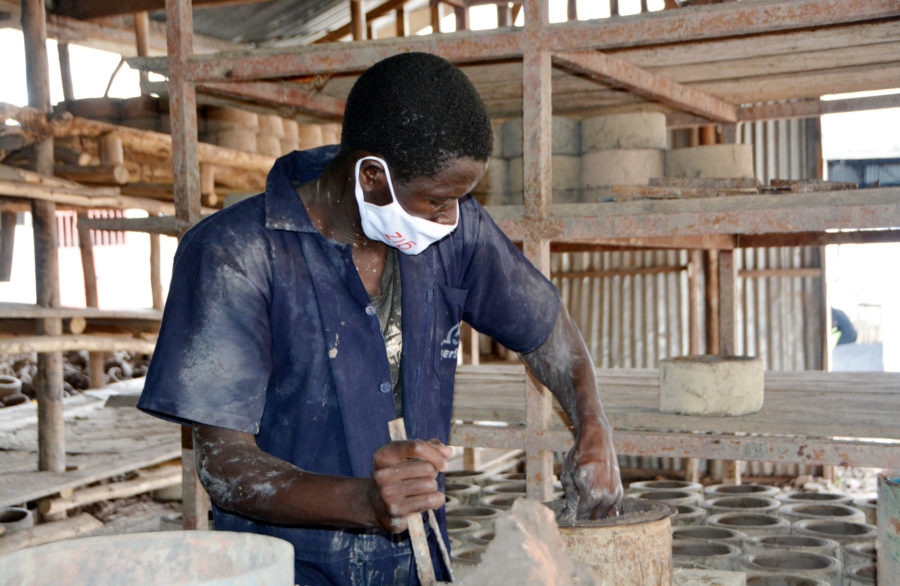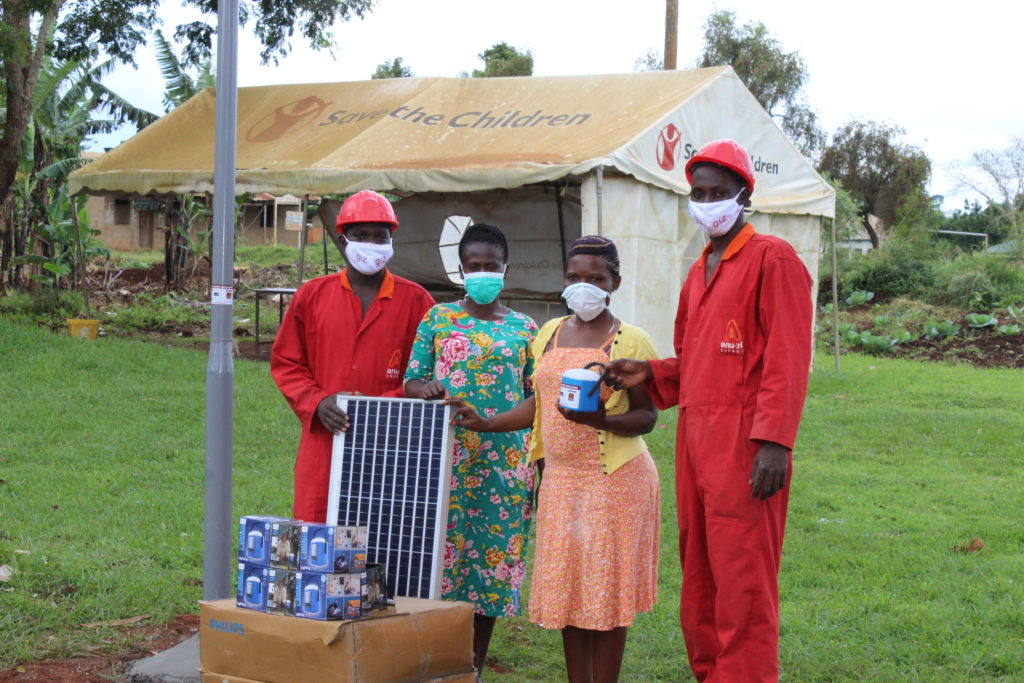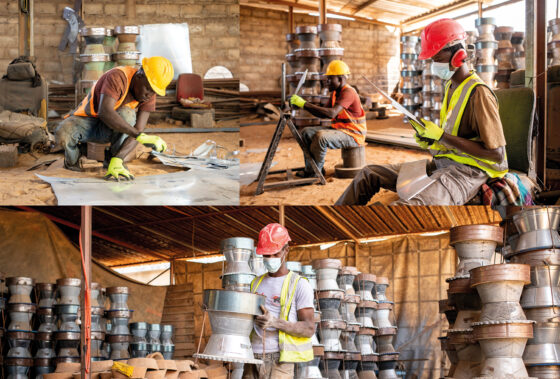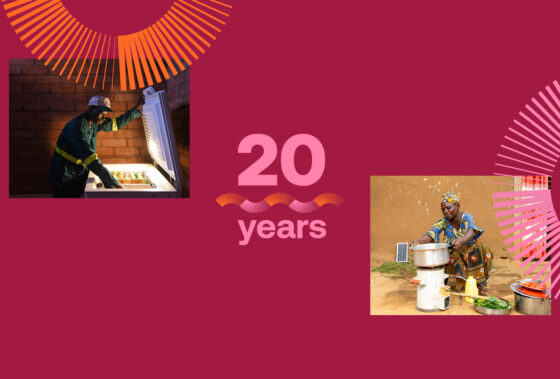EnDev Uganda’s COVID-19 Relief Fund for the Solar and Cookstove Sector

In Uganda, many local businesses in the solar and cookstove sector have experienced dramatic setbacks in terms of sales, turnover and disruptions of their value chains due to the COVID-19 pandemic. With the support of BMZ and in cooperation with the partner ministry, EnDev Uganda set up an Economic Relief Fund to help solar and cookstove companies and protect energy access achievements in Uganda. This article will give insights into the setup, support lines and achievements.
Challenges of the Ugandan Solar and Cookstove Sectors
Similarly to many other countries in the world, the government of Uganda placed a number of restrictions upon the population to curb the effects of COVID-19. While these restrictions where grounded on science with the aim to protect the population, many businesses in the country including the solar and cookstove sectors, saw themselves at the brink of survival. The lockdown and imposed curfew were preventing solar and cookstove companies to reach out to existing and new customers, as well as from retaining qualified staff and providing safe work environments adhering to COVID-19 Standard Operating Procedures (SOPs). Due to the overall economic slowdown in the country, existing and potential new customers were not able to pay for solar home systems, which threatened energy access rates achieved in the last years and hampered future growth.
Architecture of the Fund
With these challenges of the sectors in mind, EnDev Uganda in cooperation with the Ugandan Ministry for Energy and Mineral Development and support from the German Federal Ministry for Economic Cooperation and Development (BMZ) set up a COVID-19 Economic Relief Fund targeting the solar and cookstove sectors. The nearly 1 Mio EUR Fund that ran for 7 months was managed by the Private Sector Foundation in Uganda (PSFU), an apex body for the private sector in Uganda. Companies were called upon to apply to the competitive grant through an open advertisement process in the two major newspapers in the country.
The launch was well attended with sector stakeholders appreciating the quick and targeted support options available and was also covered by various national media houses and platforms. Company applications were assessed in cooperation with a committee consisting of sector associations and the fund manager. The fund was disbursed to 26 eligible companies (14 solar and 12 cookstove companies) who could apply for 12 different support lines spanning from support for trainings, payments of staff salaries, defaulted customer payments, inventory stock ups and production as well as for personal protective equipment and digitalization of their sales operations.
Support Lines utilised by Beneficiaries and planned Impact Assessment
Some beneficiary companies chose to provide payment holidays to their PAYGO customers who were struggling to make installment payments for their solar home system and hence safeguarded their energy access. Many other companies opted to sustain their staff and hence secure their jobs with the funds granted to them. Furthermore, they also covered operational and inventory costs and provided additional training to their staff contributing to the resilience of the companies as well as the solar and cookstove sectors.
The significance of the fund was highlighted by industry players such as the Uganda Off Grid Market Accelerator (UOMA) where the fund featured in their most recent report. In order to measure the achievements in detail, EnDev Uganda is currently working with a consulting firm that is conducting an elaborated impact assessment of the Relief Fund, which will be concluded by the end of August 2021.


